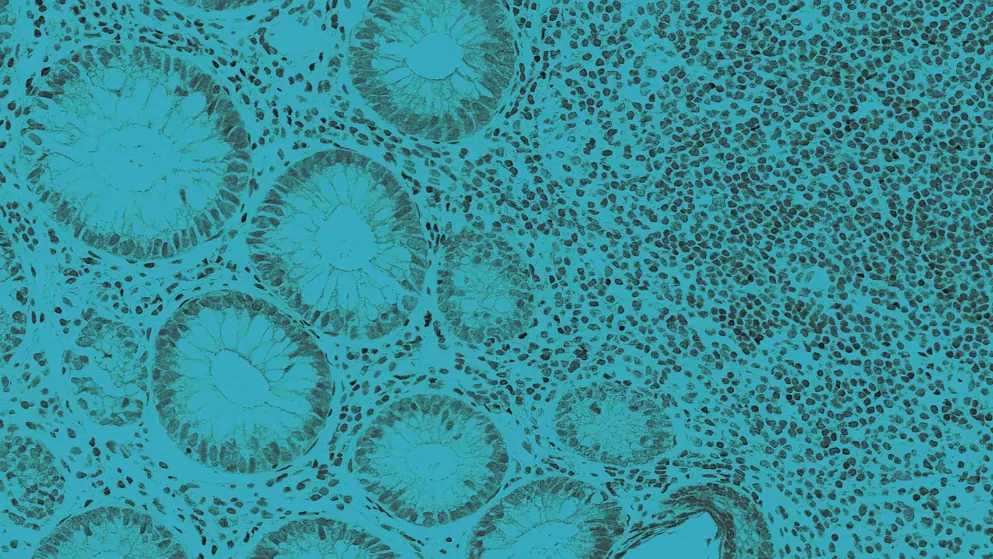
Inflammatory Bowel Disease (IBD)
Inflammatory Bowel Disease (IBD) involves an abnormal response to the body’s immune system, characterised by chronic inflammation of the gastrointestinal tract (GI). IBD describes two conditions, Crohn’s Disease and Ulcerative Colitis, it is not to be confused with Irritable Bowel Syndrome (IBS) or Coeliac Disease.
Crohn’s Disease causes inflammation of the lining of the GI tract anywhere from mouth to anus, predominantly affecting the small intestine prior to the colon and may present through multiple layers of the GI tract wall. Ulcerative Colitis is associated with the colon and rectum and inflammation is only present in the innermost lining of the colon.
IBD symptoms vary depending on the severity of inflammation and will generally have periods of remission. They can manifest as abdominal pain and cramps, persistent diarrhoea and rectal bleeding, bloody stools, unexpected weight loss, reduced appetite and fatigue.
Cause of IBD remains unclear but is thought to be associated with genetics and a defective immune system. There currently is no cure for Crohn’s Disease or Ulcerative Colitis and treatments aim to relieve the symptoms by reducing inflammation. Medicines such as immunosuppressants, steroids, biologics, antibiotics as well as lifestyle changes and surgery are used to treat IBD.
Developed by EPG Health for Medthority, independently of any sponsor.
of interest
are looking at
saved
next event

